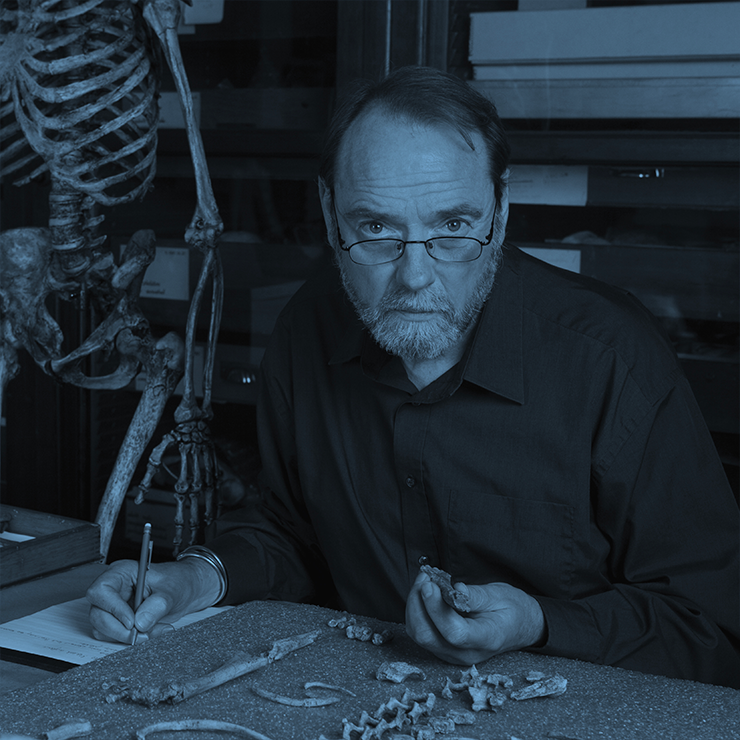


Ian Tattersall is a paleoanthropologist and primatologist who is currently Curator Emeritus at the American Museum of Natural History in New York City. His research interests are threefold: in how we recognize species and the relationships among them in the human fossil record; in the systematics and ecology of the lemurs of Madagascar (the beautiful species Propithecus tattersalli is named for him), and in how human beings became the extraordinary cognitive entity they are. He has done fieldwork in countries as diverse as Madagascar, Vietnam, Yemen, Mauritius, and Surinam, and in addition to over 400 scientific papers and books he has written extensively for the public, his most recent books (all with Rob DeSalle) being Troublesome Science: The Use and Misuse of Genetics and Genomics in Understanding Race (2018), The Accidental Homo sapiens: Genetics, Behavior, and Free Will (2019) and A Natural History of Beer (2019). As a museum curator his whole career he has also curated numerous exhibitions at the AMNH and elsewhere, from Ancestors: Four Million Years of Humanity (1984) to the Anne and Bernard Spitzer Hall of Human Origins.
THURSDAY, 12 NOVEMBER 2020 7 – 9 PM (CET)
DISCUSSION 4 | EVOLUTION OF CULTURE: HOW FAR WE WILL GO? (FROM ANTHROPOLOGY TO TECHNOLOGY)
Culture as the Ultimate Expression of Evolution
While culture is not strictly unique to modern human beings, human culture has been transformed by the unique sensibility produced by our symbolic cognitive system. That symbolic capacity allows us to deconstruct our worlds into a vocabulary of abstract symbols that we can then rearrange, to imagine new ones; and although archaeology teaches us that this amazing capacity was surprisingly suddenly and recently acquired, it has had profound cultural consequences. So profound that, while modern complex culture is only one of many pinnacles in the natural world, it is clearly the ultimate expression of being human.